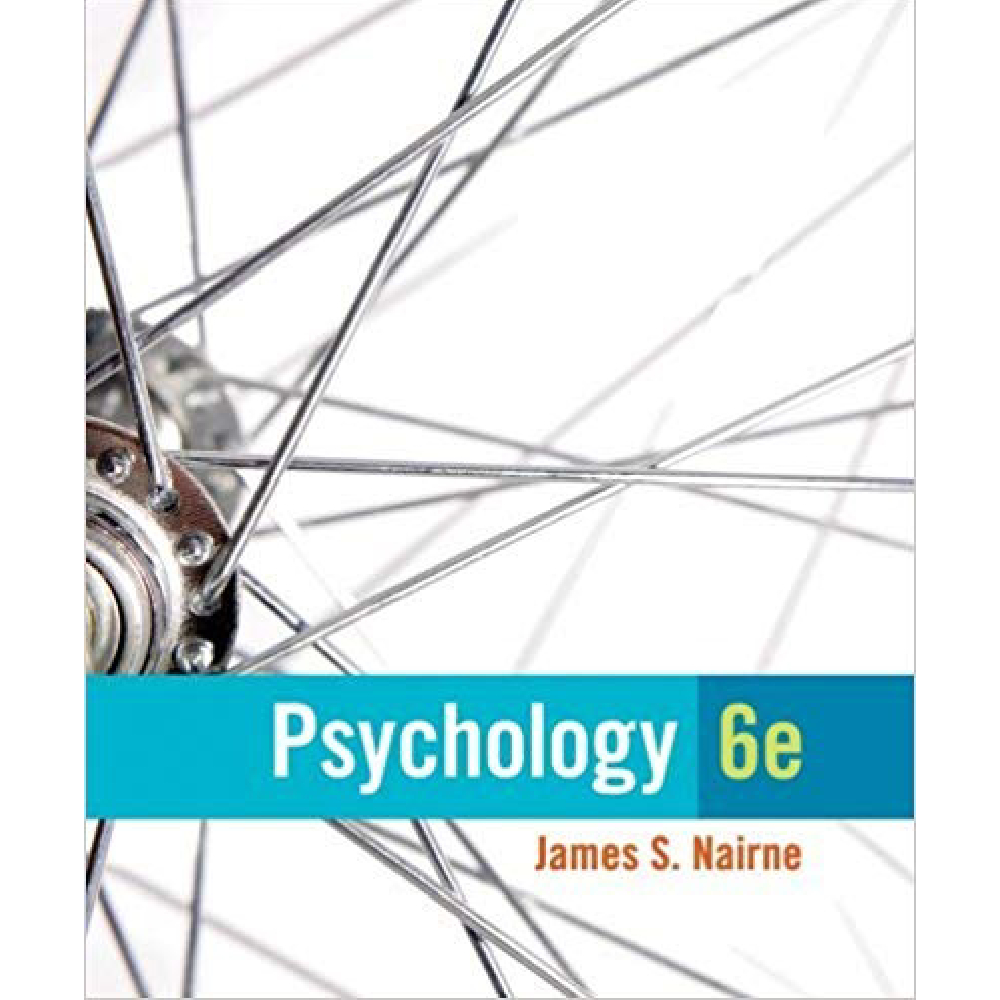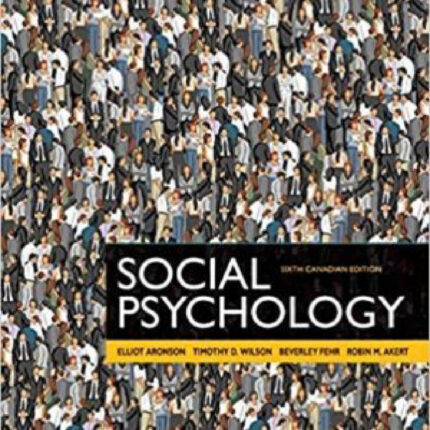Chapter 11—Motivation and Emotion
MULTIPLE CHOICE
1. The term for the set of factors that initiate and direct behavior, usually toward some goal is:
a. intelligence
b. emotion
c. thinking
d. motivation
ANS: D PTS: 1 DIF: factual REF: Psychology for a Reason
MSC: New
2. Motivation is:
a. a major process in development
b. the mental manipulation of knowledge
c. the development of new behaviors through reinforcement
d. the set of factors that initiate and direct behavior, usually toward some goal
ANS: D PTS: 1 DIF: factual REF: Psychology for a Reason
MSC: New
3. The term for a psychological event involving a physiological and expressive reaction, along with a subjective experience is:
a. intelligence
b. emotion
c. thinking
d. motivation
ANS: B PTS: 1 DIF: factual REF: Psychology for a Reason
MSC: New
4. The term “emotion” refers to:
a. a major process in development
b. the mental manipulation of knowledge
c. a subjective experience accompanied by a physiological and expressive reaction
d. the set of factors that initiate and direct behavior, usually toward some goal
ANS: C PTS: 1 DIF: factual REF: Psychology for a Reason
MSC: New
5. Which of the following is not one of the three components of an emotion?
a. heuristic behavior
b. subjective experience
c. a physiological reaction
d. an expressive reaction
ANS: A PTS: 1 DIF: factual REF: Psychology for a Reason
MSC: New
6. Which of the following is an incorrect statement regarding emotions?
a. emotions are psychological events
b. emotions involve a physiological reaction
c. emotions involve an expressive reaction
d. emotions involve objective experiences
ANS: D PTS: 1 DIF: factual REF: Psychology for a Reason
MSC: New
7. Instincts refer to:
a. psychological states that arise in response to an internal physiological need
b. unlearned, characteristic patterns of responding that are controlled by specific triggering stimuli
c. complex psychological events that are often associated with the initiation and direction of behavior
d. processes the body relies on to maintain its steady state of equilibrium
ANS: B PTS: 1 DIF: factual REF: Internal Factors
8. Unlearned, characteristic patterns of responding that are controlled by specific triggering stimuli are called:
a. drives
b. emotions
c. instincts
d. conditioned responses
ANS: C PTS: 1 DIF: factual REF: Internal Factors
9. Instincts share properties with:
a. reflexes
b. conditioned stimuli
c. cognitions
d. conditioned responses
ANS: A PTS: 1 DIF: factual REF: Internal Factors
MSC: New
10. Unlike reflexes, instincts involve:
a. less complex patterns of behavior
b. more complex forms of behavior
c. conditioned responses
d. conditioned stimuli
ANS: B PTS: 1 DIF: factual REF: Internal Factors
MSC: New













Reviews
There are no reviews yet.